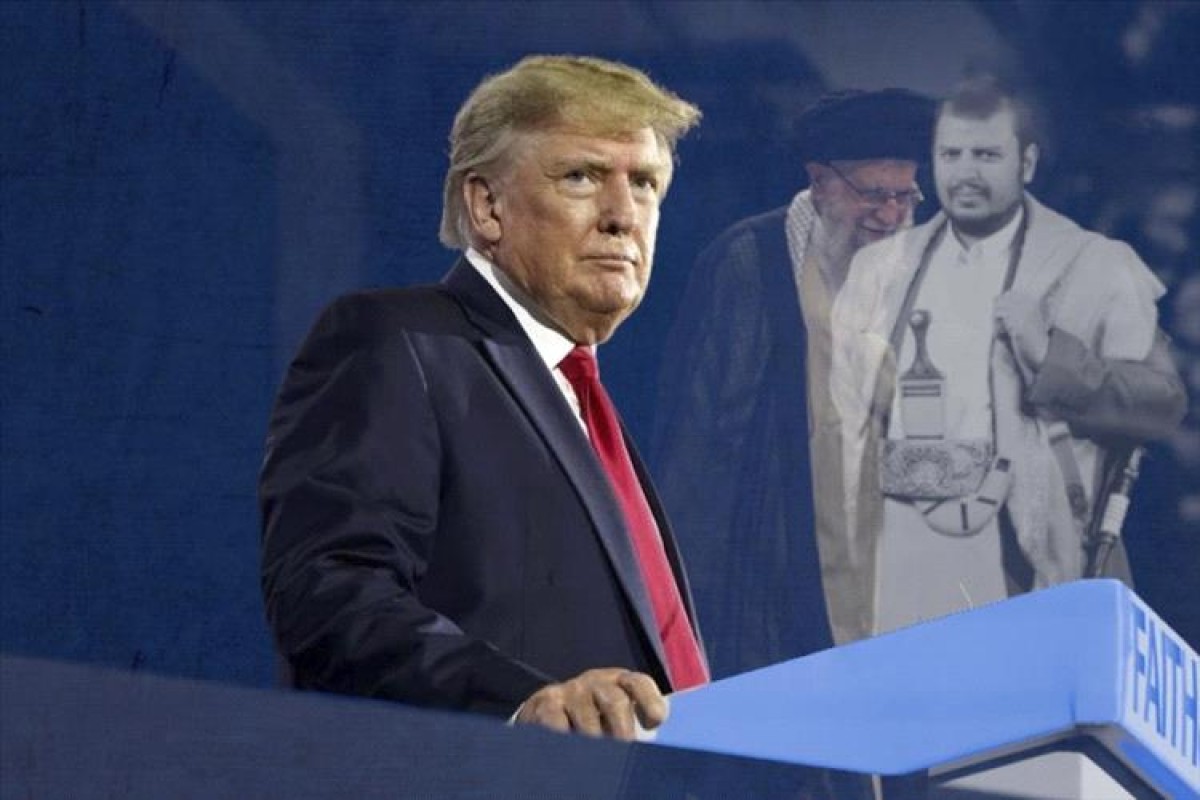How does the Trump administration plan to confront the Houthis in Yemen?


The Quincy Institute's "Responsible Statecraft" magazine published an analysis anticipating a possible escalation by the administration of US President-elect Donald Trump towards Yemen, with a focus on the Houthi group.
This comes in response to the continuous attacks that the group has launched for more than a year on international shipping ships and American warships, in addition to targets inside the Israeli occupation state.
The magazine pointed out that the current US military campaign against the Houthis, which lasted for a year, proved ineffective in deterring the group.
The analysis predicted that the next Trump administration may adopt a tougher approach towards the Houthis.
The magazine based its expectations on reports from the Jerusalem Post, which explained that the Biden administration plans to intensify the bombing of the Houthis before leaving the White House on January 21, while Trump is expected to take more severe steps after his inauguration.
In a statement to the Washington Post, Elliot Abrams, the former envoy to Iran, said: “Trump will not accept continued Houthi attacks on American ships using Iranian missiles. If any American is killed by an Iranian missile, we will respond with a direct strike against Iran.”
The analysis showed that the potential military escalation is consistent with the hard-line tendencies of Trump’s national security team.
He also pointed to the possibility of reclassifying the Houthis as a foreign terrorist organization, a measure previously taken by the Trump administration in early 2021, which then raised great concern about its humanitarian repercussions on the Yemeni people.
David Beasley, former director of the World Food Programme, said: “The humanitarian situation in Yemen is already very difficult, and the designation would make it catastrophic.”
However, the analysis suggests that the Trump administration may not care about the humanitarian consequences as long as the designation serves its political goals.
The magazine pointed out that the current US administration is conducting its military operations in Yemen without authorization from Congress, based on Article Two of the Constitution.
The magazine expected that the next Trump administration would not care much about the issue of authorization, as it had previously ignored Congress’ restrictions during its first term.
The analysis concluded by pointing out that the military escalation in Yemen will not achieve any positive results, but rather will lead to more human and material losses.
The magazine stressed that the American strategy should focus on ending regional conflicts rather than fueling them.
The magazine concluded by saying that the ideal solution for the United States is to reduce its involvement in Middle East conflicts and search for ways out of them, instead of engaging in further escalation that only serves to prolong wars and the suffering of peoples.